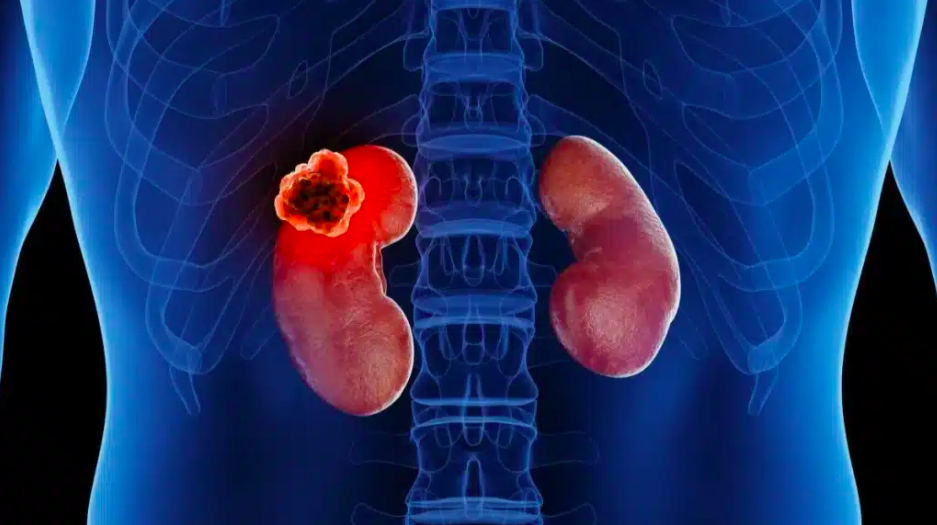The kidneys, though small, play a vital role in the body, filtering blood, removing toxins, regulating blood pressure, balancing water and electrolytes, and producing hormones for blood cell formation, according to Dr. Cao Minh Phuc, a resident physician in the Department of Urologic Surgery at Bach Mai Hospital.
However, this "silent hero" can be threatened by kidney cancer, a condition in which kidney cells grow abnormally and uncontrollably, forming malignant tumors. This not only impairs kidney function but also leads to a series of serious disorders affecting the entire body.
According to GLOBOCAN 2020 data, there are over 430,000 new cases of kidney cancer globally each year, with Vietnam accounting for approximately 1,700 to 2,000 cases. The incidence of kidney cancer is increasing globally, especially in developing countries like Vietnam. This increase is partly due to advances in diagnostic imaging, which lead to more incidental findings. However, it also reflects the rise of modern risk factors such as obesity, smoking, and environmental pollution.
Renal cell carcinoma (RCC) accounts for about 90% of all kidney cancer cases. RCC progresses silently, easily metastasizes through the bloodstream, and often doesn't cause early symptoms.
Other forms of kidney cancer include transitional cell carcinoma (5-7%), which usually originates in the renal pelvis; Wilms' tumor, found in children; and the very rare collecting duct carcinoma. Though less common, these forms tend to progress rapidly and have a poorer prognosis than RCC.
Symptoms of kidney cancer, which occur in fewer than 10% of patients, usually appear only when the disease has progressed. These signs include painless hematuria (blood in the urine), a dull ache in the flank or back, and a palpable mass in the lower rib area.
 |
Kidney cancer. Photo: Miamiroboticsurgery |
Kidney cancer. Photo: Miamiroboticsurgery
Clear risk factors associated with kidney cancer include smoking (increases RCC risk by 50%), obesity (causes hormonal and insulin disorders, stimulating cancer cell growth), hypertension (linked to chronic kidney microvascular damage), exposure to chemicals (lead, arsenic, pesticides), and genetic factors (Von Hippel-Lindau and Birt-Hogg-Dube syndromes can increase the risk of early-onset RCC).
Advanced treatment methods include laparoscopic or retroperitoneal surgery for nephron-sparing tumor removal or radical nephrectomy, tumor destruction by thermal ablation (radiofrequency ablation), or a multi-modal approach using chemotherapy, immunotherapy, and targeted therapy (for advanced stages).
Studies show that about 30-40% of patients are diagnosed at the metastatic stage. Therefore, to avoid falling into this "silent trap", individuals should proactively seek screening.
Dr. Phuc recommends seeking medical attention if experiencing any of the following: even a single instance of painless hematuria; persistent, unexplained dull back pain on one side; unexplained weight loss, fatigue, low-grade fever, or anemia.
Individuals over 50, smokers, those with hypertension, or those with a family history of kidney cancer should have regular ultrasounds every 6 to 12 months.
Le Nga












